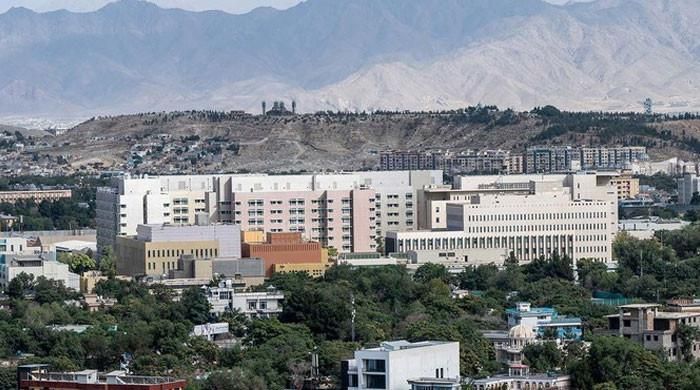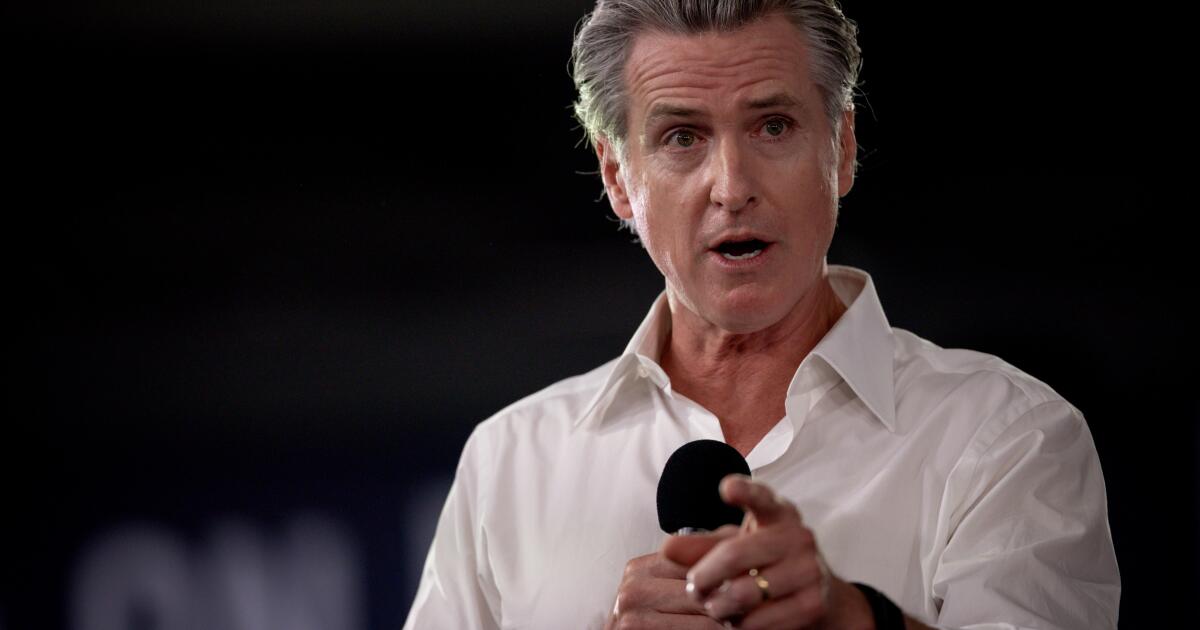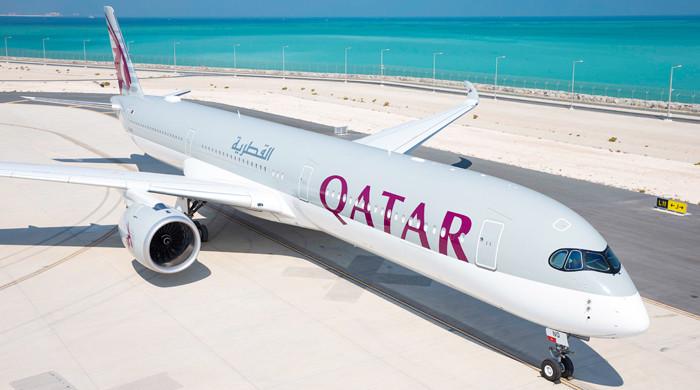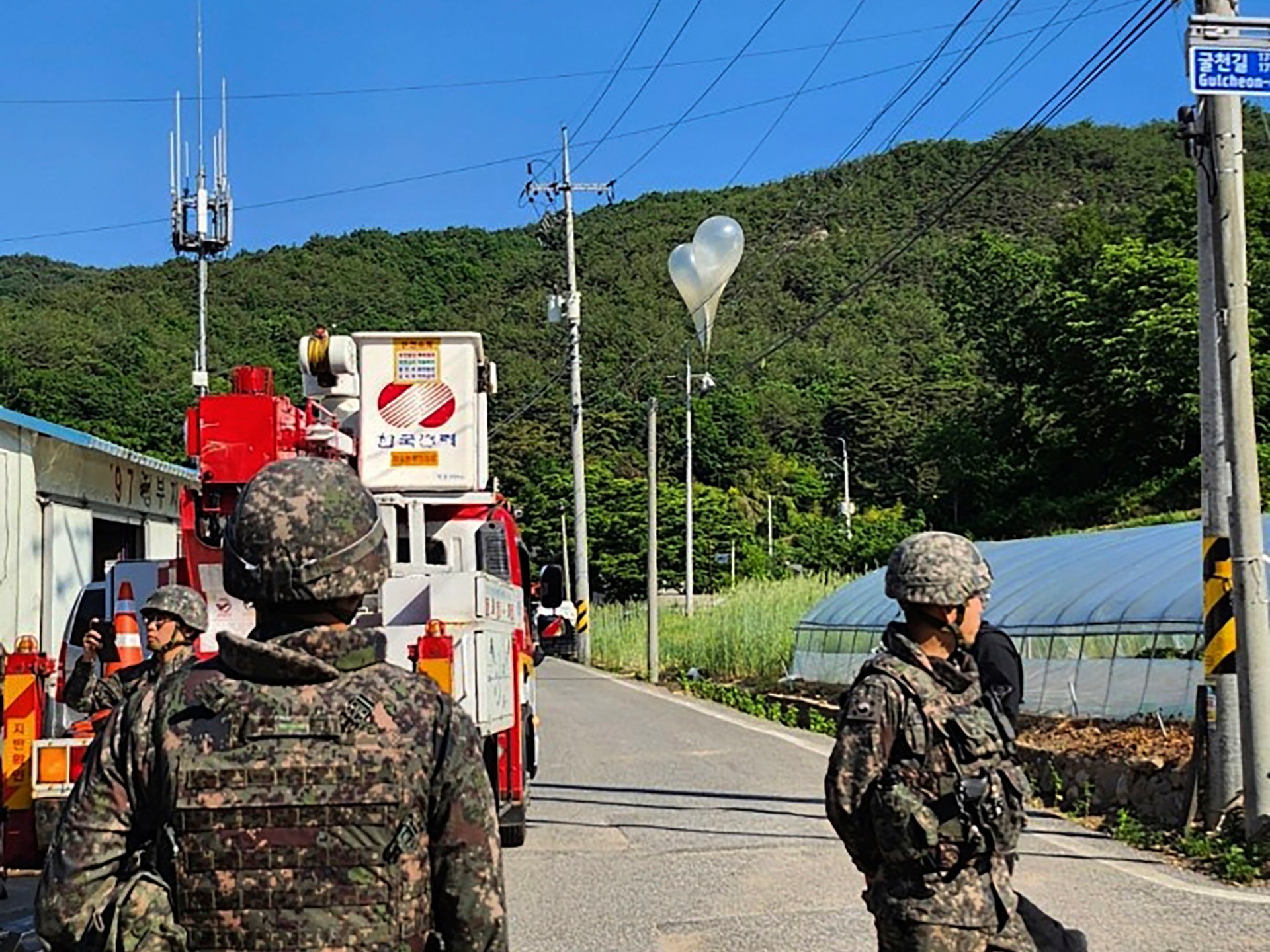- The Afghan ministry says foreign embassies have been asked to contact Kabul.
- However, most of the missions violated “accepted principles,” the ministry says.
- The isolated embassies include those in London and Berlin.
KABUL: The Taliban government has cut consular ties with numerous Afghan embassies in Western countries, Kabul announced on Tuesday, thereby cutting off contact with diplomats loyal to the former foreign-backed administration.
The Taliban takeover in 2021 left diplomats working in Afghanistan's foreign missions in limbo, having pledged to serve a government that collapsed into chaos following the withdrawal of U.S. troops.
No country has yet formally recognized the Taliban government, but over the past three years authorities in Kabul have installed Taliban ambassadors in some nearby embassies.
But Afghanistan's Foreign Ministry said Tuesday it now bears “no responsibility” for credentials, including passports and visas, issued by missions that are out of step with Kabul's new rulers.
Embassies include those in London and Berlin, as well as those of Belgium, Switzerland, Austria, France, Italy, Greece, Poland, Sweden, Norway, Canada and Australia.
“The Ministry of Foreign Affairs has repeatedly urged Afghan political and consular missions in European countries to cooperate with Kabul,” the statement said.
“Unfortunately, the actions of most missions are carried out in an arbitrary manner, without coordination and in explicit violation of existing accepted principles.”
The statement said Afghans living abroad should deal with missions affiliated with the Islamic Emirate of Afghanistan, the self-proclaimed name the Taliban have given to the country under their rule.
Pakistan, China and Russia are among the Afghan embassies working on orders from the Taliban government.
Kabul's isolated embassies are in dire financial straits and rely heavily on consular fees to pay staff salaries, rent and bills.
Without that income, it may be difficult for them to stay open.
The Foreign Ministry did not respond to a request for comment on its future plans for the excluded embassies.
Since returning to power after two decades of insurgency, Taliban officials have campaigned to be Afghanistan's sole representatives on the international stage.
Considered pariahs for their treatment of women, they have been denied an ambassador to the United Nations.
However, at UN-hosted talks in Doha last month, they represented Afghanistan, and civil society groups, including women activists, were excluded from the main talks.
Analysts, human rights advocates and diplomats are divided over whether to engage with the Taliban government in an attempt to soften its stance or sideline them until they back down.












